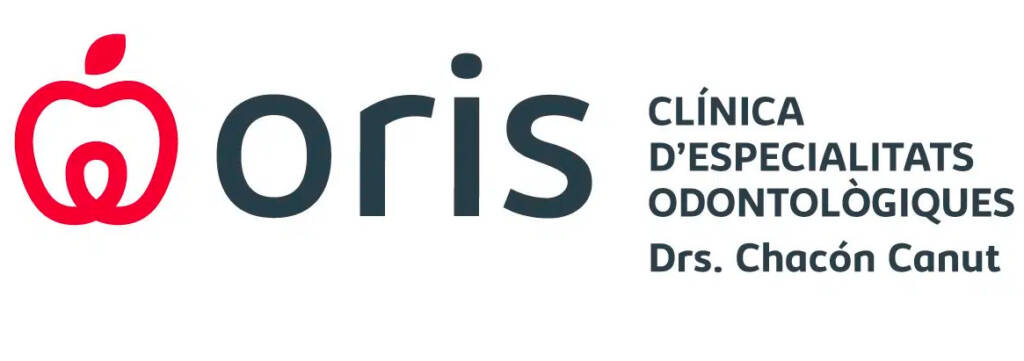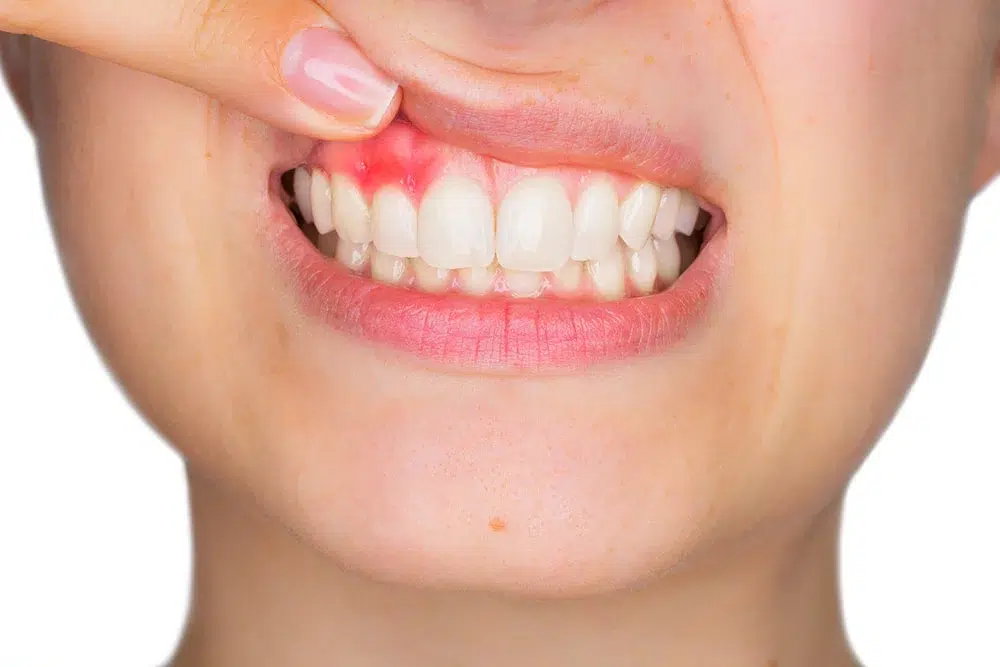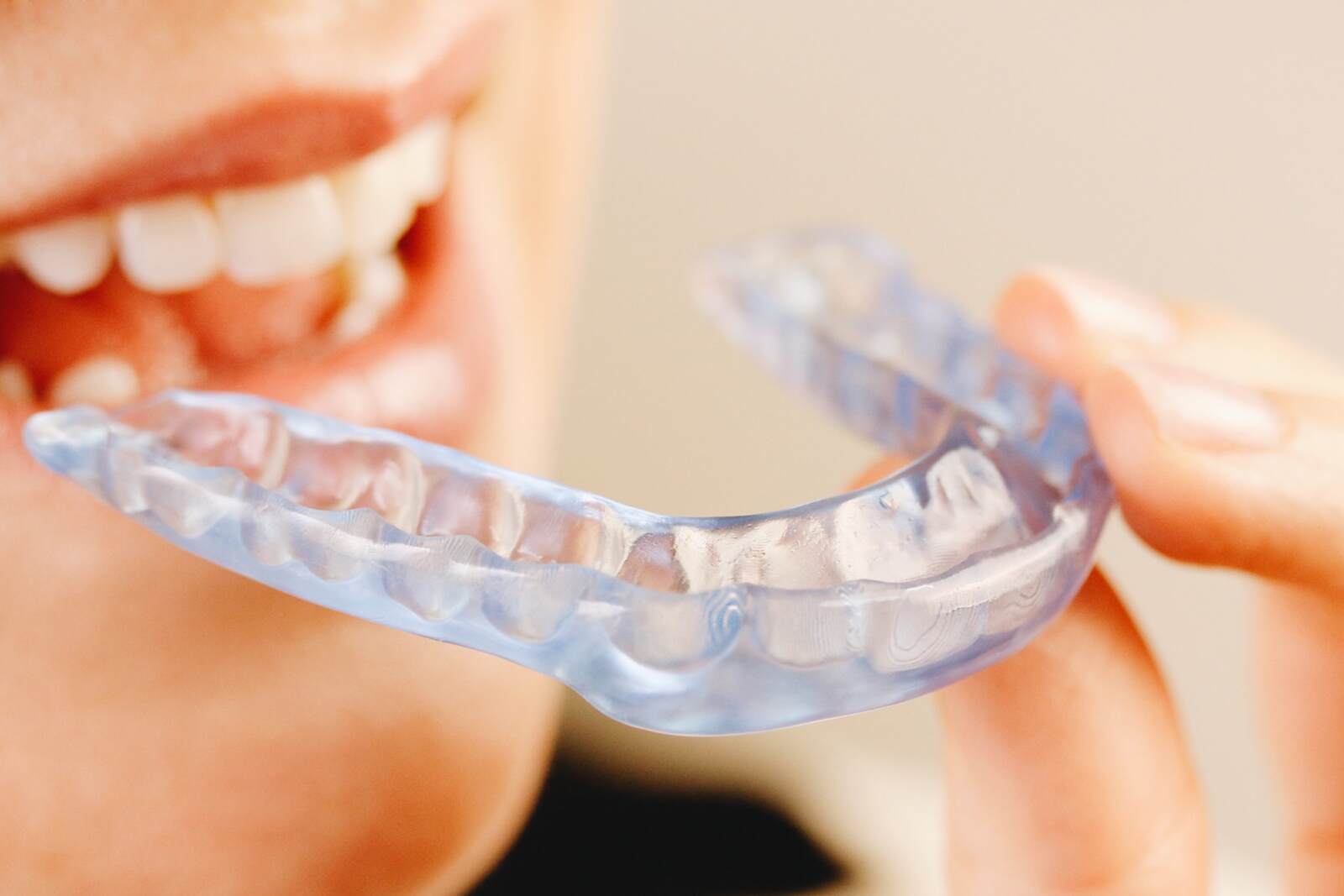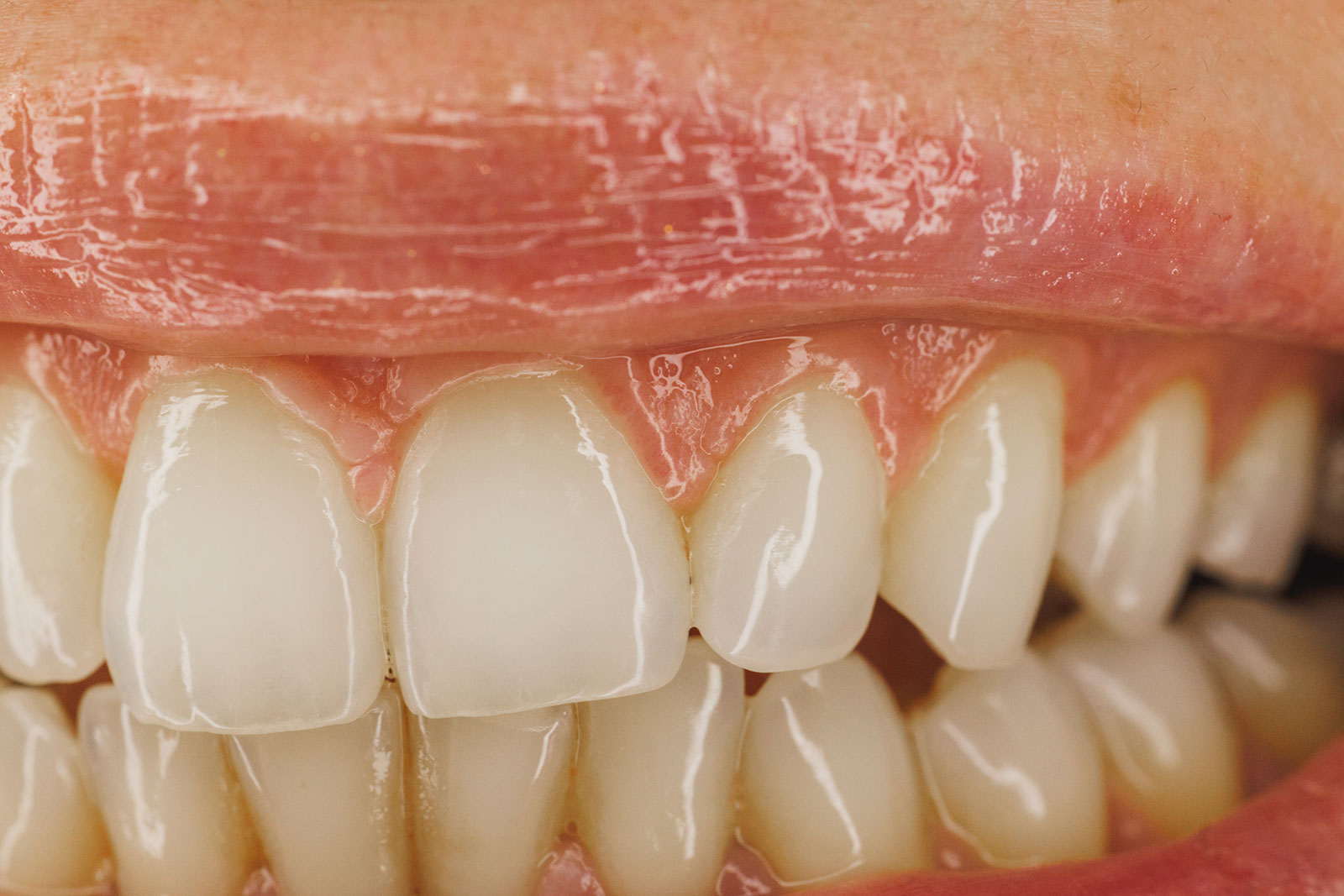Introduction
Dental emergencies can occur at any time and often require immediate attention to avoid major complications. Whether it’s an excruciating toothache, a broken tooth or an infection, knowing how to act can make a big difference in managing the problem. It is essential to remember that, in the event of any dental emergency, the dentist should be consulted immediately..
Los consejos y pasos a seguir que se mencionan a continuación son medidas temporales para aliviar el dolor y evitar daños mayores hasta que puedas recibir atención profesional.
1. Broken or Chipped Tooth (Dental Fracture)
What to do:
- Rinse your mouth with warm water to clean the area.
- If bleeding occurs, apply a clean gauze pad for 10 minutes or until bleeding stops.
- If you can find the broken piece of tooth, wrap it in a damp cloth or place it in milk.
- Consult your dentist as soon as possible.
Additional tips:
- If the pain is severe, you can take over-the-counter pain relievers such as acetaminophen or ibuprofen.
- Avoid chewing with the affected side of the mouth.
- If the piece of broken tooth is sharp, be careful not to cut your tongue or cheeks.
2. Knocked Out Tooth (Dental Avulsion)
What to do:
- If the tooth is permanent, try to put it back in place without touching the root.
- If you cannot, place the tooth in milk or saline solution.
- Rinse your mouth with warm water.
- See your dentist immediately, as time is of the essence.
Additional tips:
- Do not attempt to clean or scrub the root of the tooth.
- If you do not have milk or saline solution, you can use drinking water.
- While waiting to see the dentist, keep the tooth in your mouth if you can, or in milk or saline if you cannot.
3. Severe Dental Pain (Odontalgia)
What to do:
- Rinse your mouth with warm water.
- Use dental floss to remove any trapped food.
- Apply a cold compress to the cheek if there is swelling.
- Take over-the-counter pain relievers such as acetaminophen or ibuprofen.
- Consult your dentist as soon as possible.
Additional tips:
- Avoid consuming hot or sugary drinks, as they may worsen the pain.
- If the pain is throbbing, it may be a sign of infection.
- If you have a fever, it may also be a sign of infection.
4. Infection or Dental Abscess (Periapical or Periodontal Abscess)
What to do:
- Rinse your mouth with a warm salt water solution.
- Use over-the-counter analgesics such as acetaminophen or ibuprofen to relieve pain.
- Do not attempt to drain the abscess yourself.
- Visit your dentist urgently.
Additional tips:
- Apply a cold compress to the cheek to reduce swelling.
- If you have a fever, consult your doctor.
- Antibiotics may be necessary to treat the infection.
5. Object Caught Between the Teeth (Food Impaction)
What to do:
- Use dental floss to try to remove the object.
- Do not use sharp or pointed objects such as toothpicks or tweezers, as they may damage your gums.
- If you cannot remove it, visit your dentist.
Additional tips:
- If the object is causing pain or bleeding, seek immediate dental attention.
- Avoid flossing too hard, as it may damage your gums.
- If you have difficulty flossing, you can use an oral irrigator.
6. Bleeding Gums (Gingival Hemorrhage)
What to do:
- Gently rinse your mouth with warm water.
- Apply a clean gauze pad to the bleeding area and press it.
- Keep your head elevated.
- If bleeding persists, consult your dentist.
Additional tips:
- Use a soft-bristled toothbrush.
- Use an antiseptic mouthwash.
- If you smoke, stop smoking.
- If you have diabetes, control your blood sugar levels.
7. Toothache due to Caries (Dental Caries)
What to do:
- Rinse your mouth with warm water.
- Use dental floss to clean the affected area.
- Take over-the-counter pain relievers such as acetaminophen or ibuprofen.
- Schedule an appointment with your dentist to treat tooth decay.
Additional tips:
- Avoid eating sugary or sticky foods.
- Brush your teeth twice a day and floss once a day.
- Use a fluoride toothpaste.
- See your dentist for regular checkups and cleanings.
8. Loss of a Filling or Crown (Removal of Dental Restoration)
What to do:
- If you can, put the filling or crown back in place temporarily using an over-the-counter dental cement.
- Avoid chewing in that area.
- Consult your dentist for a permanent repair.
Additional tips:
- If you cannot find the filling or crown, take it with you to the dentist.
- If the filling or crown is damaged, the dentist may need to replace it.
9. Soft Tissue Injuries (Lips, Gums, Tongue) (Soft Tissue Trauma)
What to do:
- Clean the wound with warm water.
- Apply pressure with a gauze pad to stop the bleeding.
- Use a cold compress to reduce swelling.
- If the bleeding does not stop, go to an emergency room or your dentist.
Additional tips:
- If the wound is large or deep, seek immediate medical attention.
- If the wound is dirty, wash it with soap and water.
- If the wound is on the tongue or lip, avoid biting it.
10. Extreme Dental Sensitivity (Dentin Hypersensitivity)
What to do:
- Avoid very hot or cold foods and drinks.
- Use a toothpaste for sensitive teeth.
- Consult your dentist to determine the cause and receive treatment.
Additional tips:
- You can wear a mouth guard at night to avoid grinding your teeth.
- If sensitivity is severe, your dentist may recommend a treatment such as topical fluoridation or dental bonding.
Prevention of Dental Emergencies
The best way to avoid dental emergencies is to maintain good oral hygiene.
This includes:
- Brush teeth twice a day with fluoride toothpaste.
- Floss once a day.
- Rinse the mouth with an antiseptic mouthwash once a day.
- Visit the dentist for regular checkups and cleanings.
- Eat a healthy diet and avoid sugars and sticky foods.
- No smoking.
Conclusion
Dental emergencies can be a painful and stressful experience.
However, knowing what to do can help you manage the situation and get the care you need.
If you experience any of the dental emergencies described in this article, it is important to seek dental care immediately.
Artículos relacionados
Comprehensive oral health
Comprehensive oral health, Restorative dentistry





